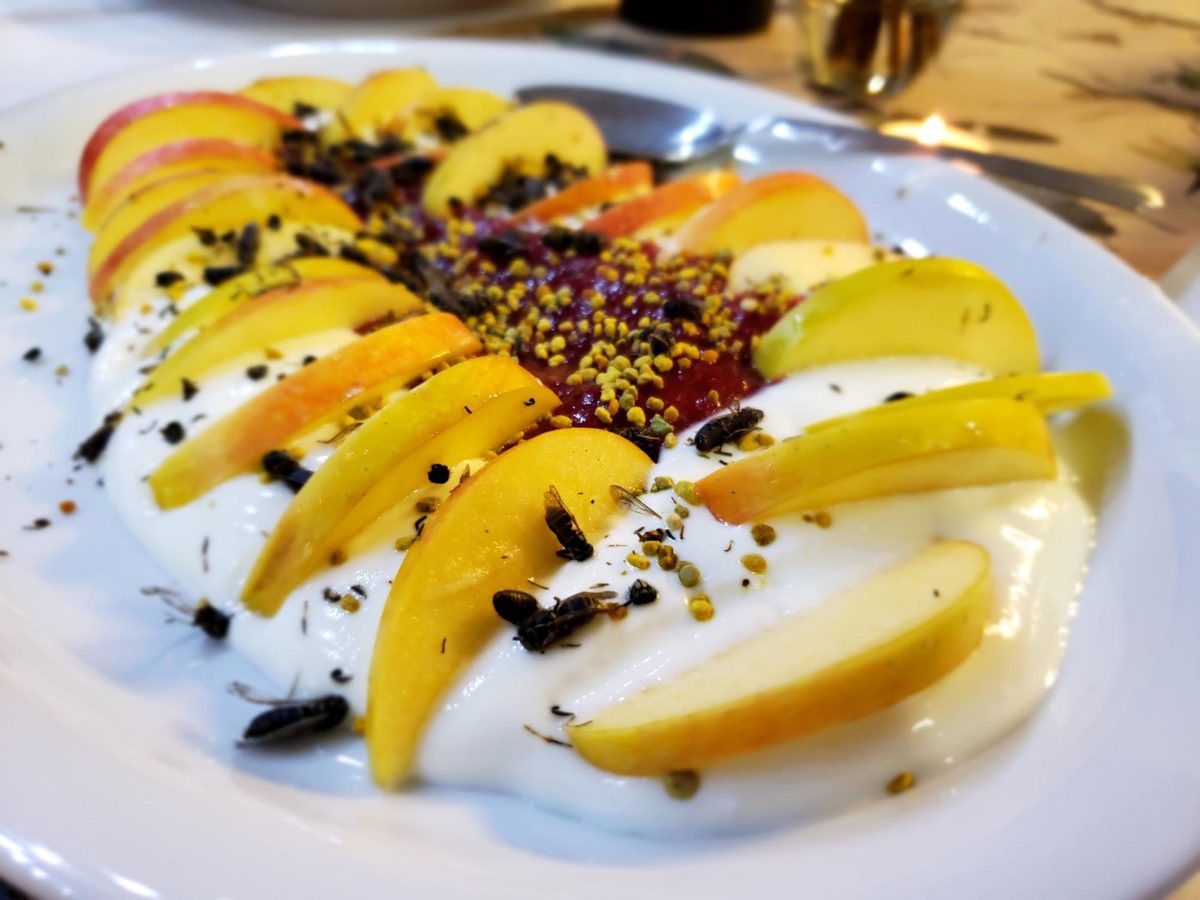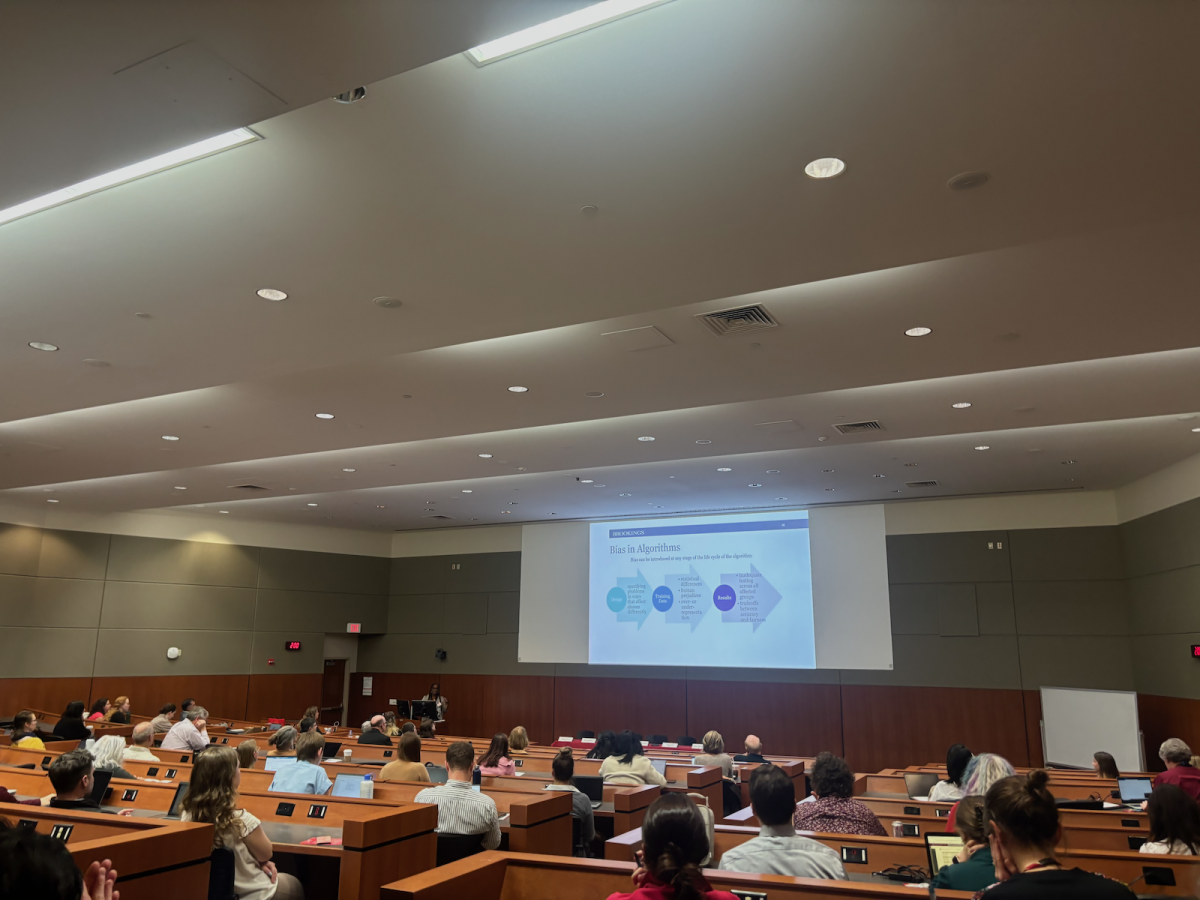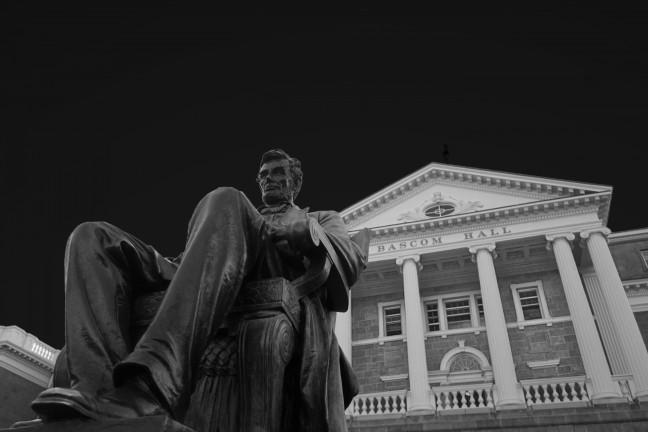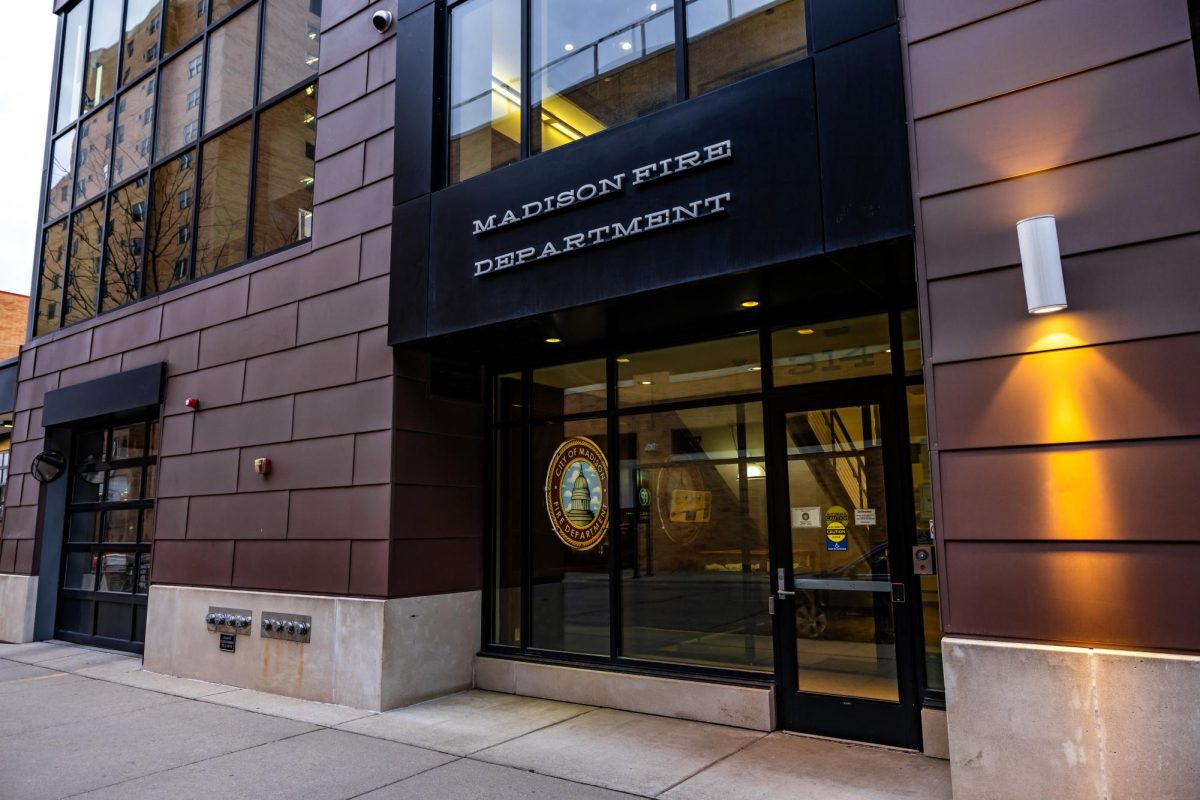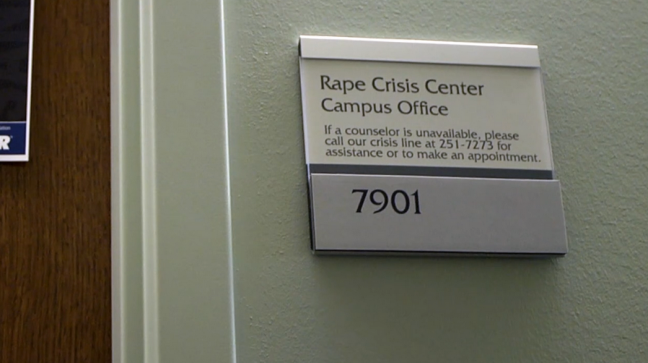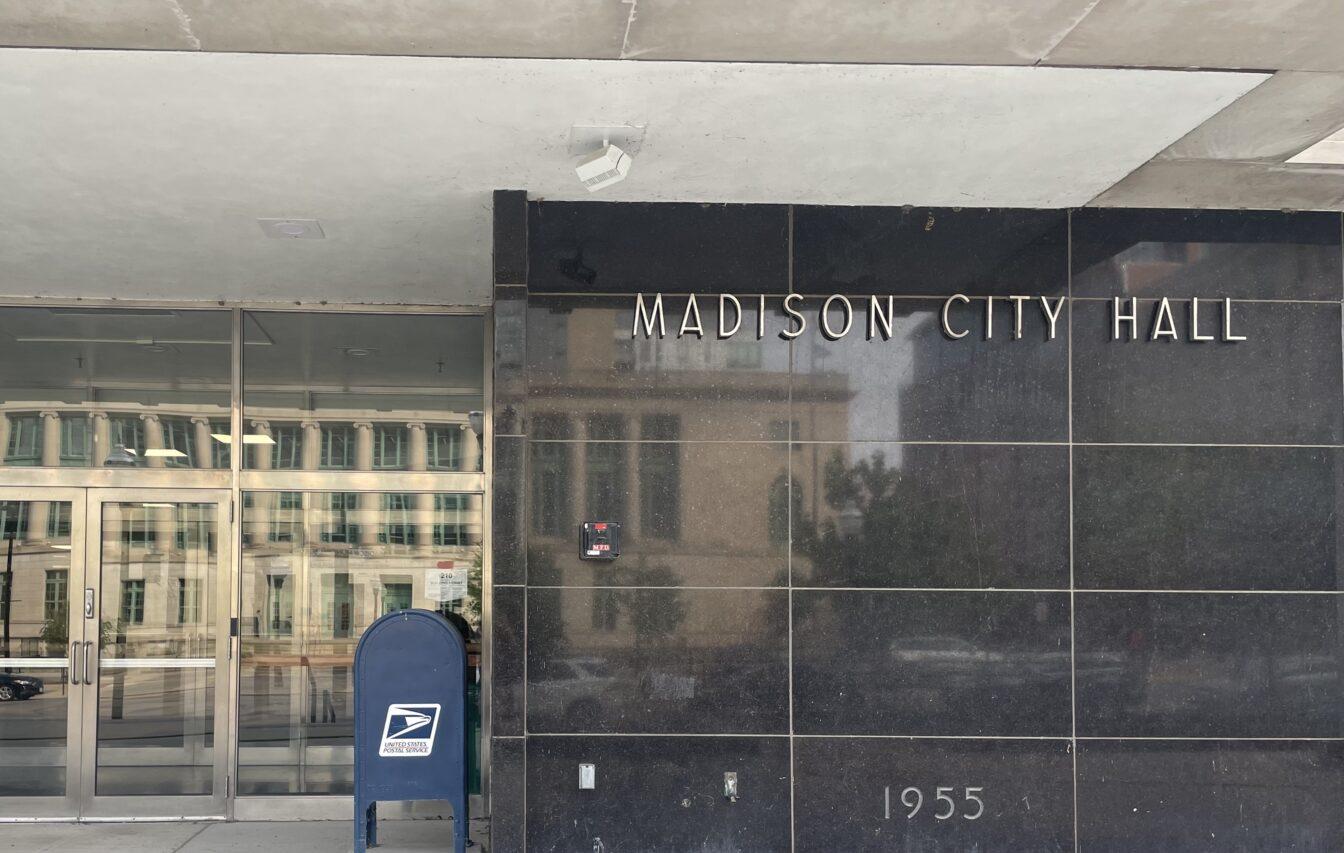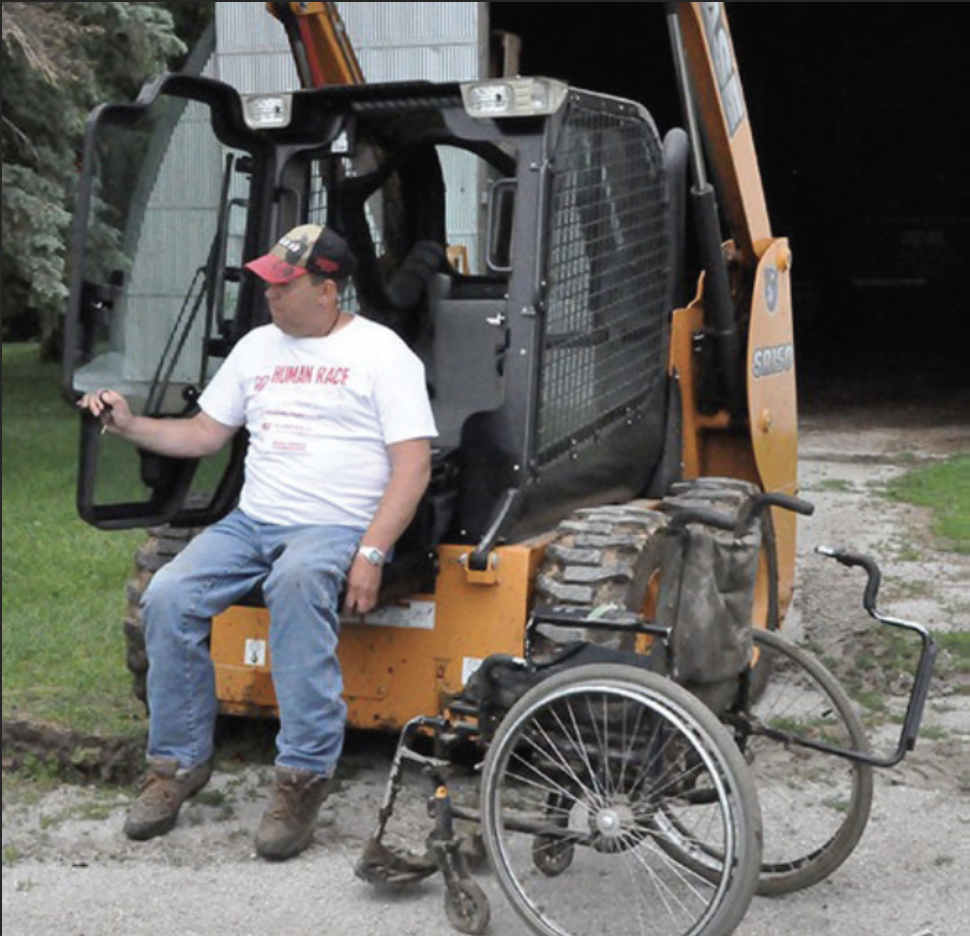University of Washington education associate professor Robin DiAngelo discussed her new book, “White Fragility: Why It’s So Hard for White People to Talk About Racism,” at the First Unitarian Society of Madison Monday night.
DiAngelo, who is white, prefaced her talk by saying it would center on whiteness because “whiteness is consistently left off of the table” during discussions on race. She asked the crowd to do something white people are not raised to do — see her whiteness.
Rutgers professor discusses racial tensions, disparities in public health policy
DiAngelo laid out several challenges in educating white people about racism, beginning with their need for humility. She said she has “never met a white person who didn’t have an opinion on racism,” but many of these opinions are uninformed.
“If you are white and you have not devoted years of sustained study, struggle and focus on this topic, your opinions are necessarily limited, insufficient and uninformed,” DiAngelo said. “Nothing in the dominant society gives us the information we would need to have an informed opinion on arguably the most complex social dilemma for the last several hundred years.”
White people have to set up a framework to educate themselves because of the lack of racial accountability education in society, she said. Individuals can become highly educated without ever even discussing racism, which can be particularly damaging because white people continue to dominate positions of power. For instance, the majority of political offices are held by white men, she said.
It can be detrimental when white people both dominate positions of power and have uninformed opinions on race, she said.
“[White people] are going to make decisions that affect the lives of people that not only they’re not in a relationship with, but they have never been taught it’s valuable to know or understand,” DiAngelo said.
She asked the audience if they had grown up in racially diverse areas, gone to racially diverse schools or been to racially diverse weddings. White people typically answer “no” to these questions, she said.
When white people are born into and live their lives in racial segregation and don’t think they’ve “lost anything of value” in doing so, they internalize white superiority, she said.
“White people measure the value of our spaces by the absence of people of color,” she said.
When white people don’t question the lack of people of color in these spaces, the message then becomes that people of color’s experiences and having relationships with them “have no inherent value.”
Becoming informed of this internalized white superiority requires humility, she said, and “white progressives” cannot be defensive or “fragile” when people of color try to educate them.
Planned Parenthood curates dialogue on racism in reproductive healthcare
When white people are fragile and not receptive to people of color’s feedback, it can be exhausting and becomes easier for people of color to say nothing, she said.
“It functions as kind of everyday white racial control,” DiAngelo said. “’You can be in my orbit, you can be in my workplace, and I will claim you for diversity cover every chance I get as long as you fundamentally don’t challenge me.’”
DiAngelo then told the audience they must use this information to take action. She said that they need to challenge their “willful ignorance,” educate themselves and take advantage of resources, and evaluate their current racial accountability practices.
She ended with a message that she said was specifically tailored to Madison.
“Niceness is not anti-racism, because niceness is not courageous,” DiAngelo said. “It takes courage and strategic, intentional action.”





